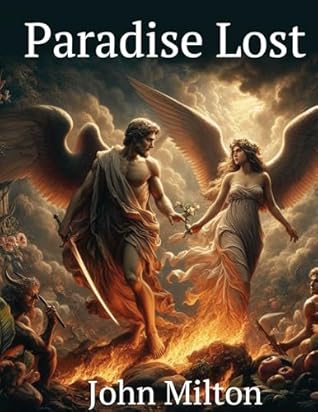More on this book
Community
Kindle Notes & Highlights
The Nature of Evil: "Paradise Lost" revolves around the nature of evil and the question of how it entered the universe.
Free Will against Predestination:
The Significance of Compliance and Noncompliance:
Milton argues that harmony and order in the universe can only be sustained by submission to God's will.
Salvation and Redemption:
A glimpse of God's intention to redeem humanity through the death of his son, Jesus Christ, is revealed at the poem's conclusion.
The poem examines the idea that, as demonstrated by Adam and Eve's desire to eat from the tree of knowledge, knowledge may be both a blessing and a curse.
The Great Chain of Being: "Paradise Lost" captures the ideas of the Renaissance regarding the hierarchy of the cosmos, which places God at the top and places angels, people, animals, and plants in order of descent.
Characters in "Paradise Lost" experience moral and spiritual development as they come to terms with the fallout from their deeds.
Milton contends that maturation and growth are crucial facets of the human experience that result in increased wisdom and self-awareness.
Milton's use of language is incredibly symbolic and poetic, illustrating the influence words have on how we perceive the world and ourselves.
The Battle Between Good and Evil: "Paradise Lost" is fundamentally a tale about the never-ending conflict between good and evil.


